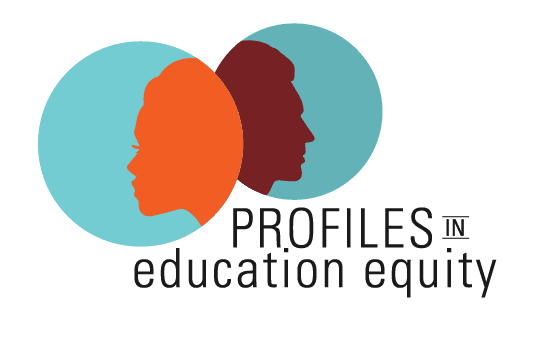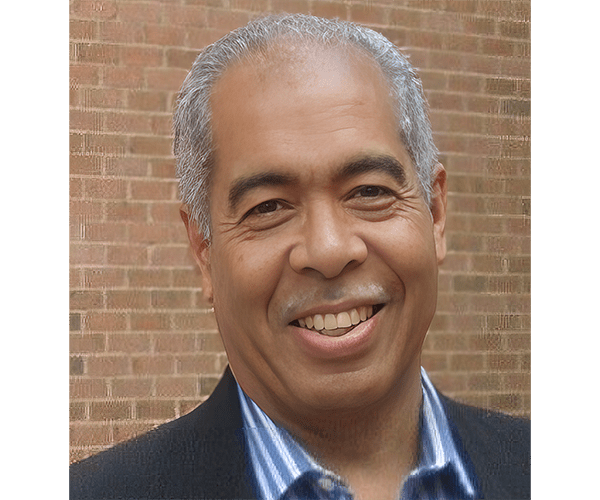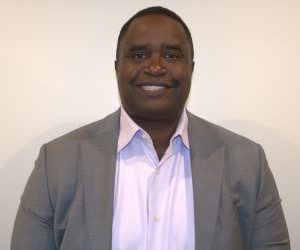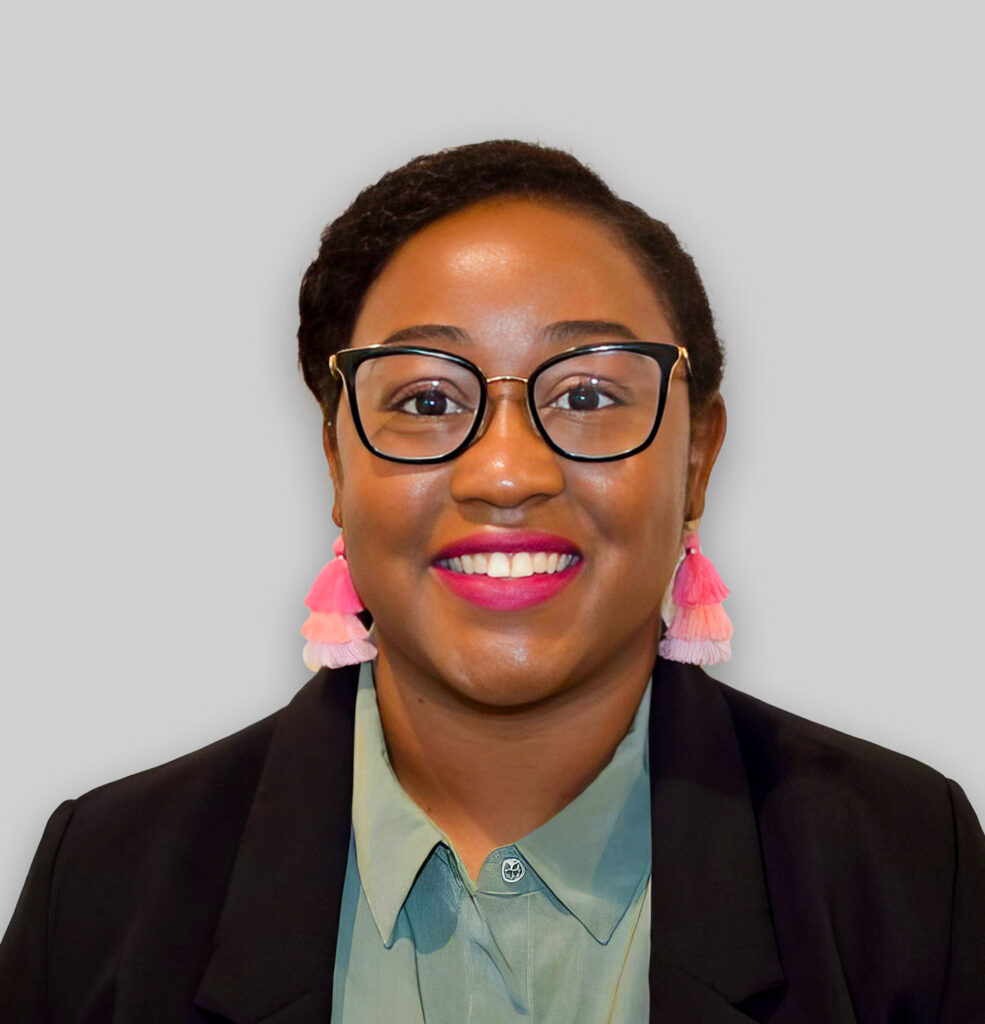As director of partnerships and coaching with Leadership for Educational Equity (LEE), Michelle Moreno supports teachers and former teachers across the country in their leadership journey. Previously, Michelle has served in the U.S. Department of Education under the Obama administration and was the Chief of Staff for the White House Initiative on Educational Excellence for Hispanics. In addition to her national experience, Michelle has served as an educator and as a member of an education commission in her hometown of San Antonio, Texas.
Moreno supports teachers and former teachers across the country in their leadership journey. Previously, Michelle has served in the U.S. Department of Education under the Obama administration and was the Chief of Staff for the White House Initiative on Educational Excellence for Hispanics. In addition to her national experience, Michelle has served as an educator and as a member of an education commission in her hometown of San Antonio, Texas.
Define how you advance education equity.
At Leadership for Educational Equity, I work with current and former educators. I support the development of the equity-minded civic leaders our country desperately needs by providing career and leadership coaching.
What motivates you to advocate for education equity?
As a first-generation college graduate, I know firsthand the power that education has to break generational cycles of poverty and how education opened doors of opportunity for me to serve my community and country. I know that it can do so for every student regardless of zip code. I want it for the generations who are rising up to take their place in leadership and moving the needle forward in their own communities. They are and will be “the first” person in their families to graduate high school, graduate college, own their own homes, travel the world, influence policies, lead movements, and continue to pave the way for future generations.
What do you think is the most pressing education equity issue right now?
Education continues to be one of the most important civil rights issues in our society. While great strides have been made to close the equity gap, there are still too many students who do not have access to quality academic programs and learning opportunities that promote student success and prepare them for college and careers. We must continue to ensure that students in underserved communities have access to Science, Technology, Engineering and Mathematics (STEM) and advanced coursework such as Algebra I in eighth grade, Algebra II, dual enrollment and AP courses. By having access and enrolling in these courses, students will have the chance to gain the skills, knowledge, and understanding they need to take their place as our future scientists, innovators, mathematicians, and policymakers. And as we prepare the next generations for college, we need to do better to make sure that it is affordable.
What accomplishment are you most proud of?
As I reflect on the wonderful and blessed opportunities I have had in my lifetime, it has been a privilege to help and support generations of students as an educator. During my early years as an educator, I helped to build one of the first magnet schools on the south side of San Antonio. The purpose was to equip and empower student leaders and to leave a legacy of service in our community. We wanted our students to be the change they wanted to see, lead in their careers and communities and if they left our community that they would invest in the community where they grew up.
Over the past few years, it has been humbling and an honor when I see or hear that my students are now parents, teachers, serving and leading in their communities. The measure of this success is seeing generations of former students leaving their own legacy and investing in future generations.





 Moreno supports teachers and former teachers across the country in their leadership journey. Previously, Michelle has served in the U.S. Department of Education under the Obama administration and was the Chief of Staff for the White House Initiative on Educational Excellence for Hispanics. In addition to her national experience, Michelle has served as an educator and as a member of an education commission in her hometown of San Antonio, Texas.
Moreno supports teachers and former teachers across the country in their leadership journey. Previously, Michelle has served in the U.S. Department of Education under the Obama administration and was the Chief of Staff for the White House Initiative on Educational Excellence for Hispanics. In addition to her national experience, Michelle has served as an educator and as a member of an education commission in her hometown of San Antonio, Texas.

